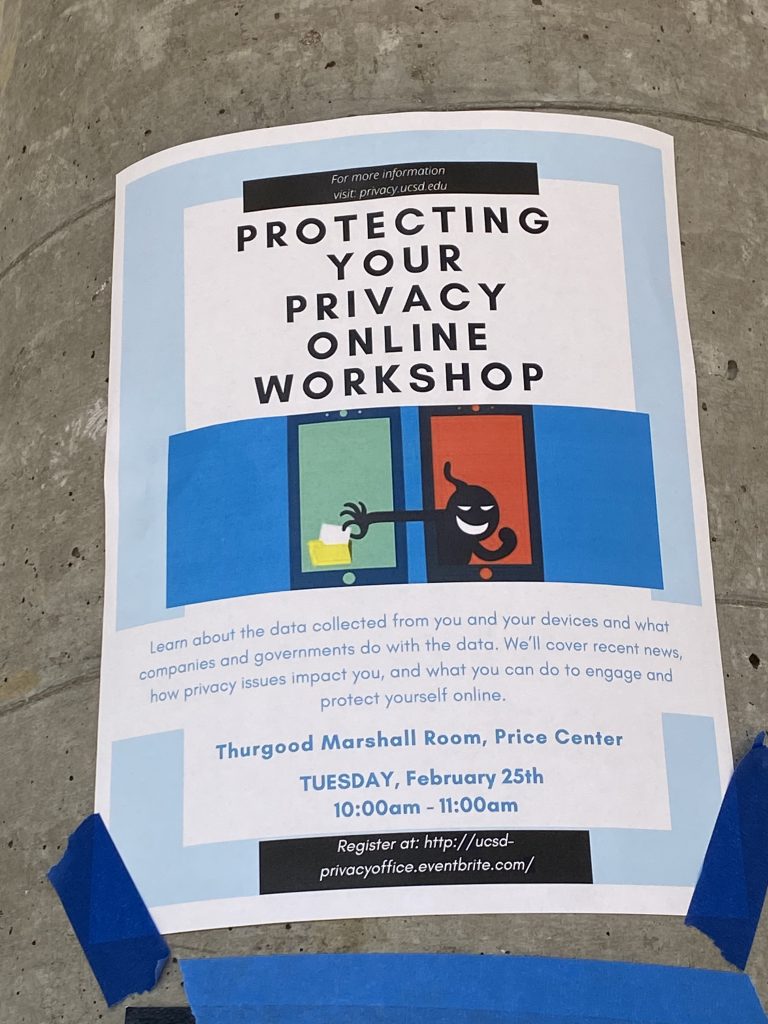
This picture represents the current issue of Internet privacy: one that has turned into a paradox of conflicting interests and miscommunication. In the Declaration of Independence, the Fifth Amendment protects individuals against self-incrimination, which then protects the privacy of each individual’s personal information. In other words, an individual has the right to determine which information about them is collected, and additionally how that information is used. This is demonstrated when Internet browsers and social media apps allow its users to choose levels of privacy settings, giving options to share publicly to only share minimally with close friends. Despite these options users have, problems are still occurring, and identity theft is still a prevalent issue. Recently, Facebook was forced to call off the launching of its dating service in Europe because they failed to show they had performed legally required tests of privacy risks for their users. These slip-ups allow for identities to be bought and sold like common merchandise across the entirety of the Internet. Breaking into social media platforms or websites, stealing personal information, and using it for personal gain is unfortunately common. Despite the Declaration of Independence dedicating several Amendments to the rights of privacy of citizens, the fourth, fifth, ninth, and fourteenth as some examples, current issues of soliciting personal information are still relevant with the technology of the Internet. Thus, should the government take further steps to prevent the hacking of social network accounts, and thus better ensure our right to privacy as stated in the Declaration of Independence? If so, what should those steps be?
